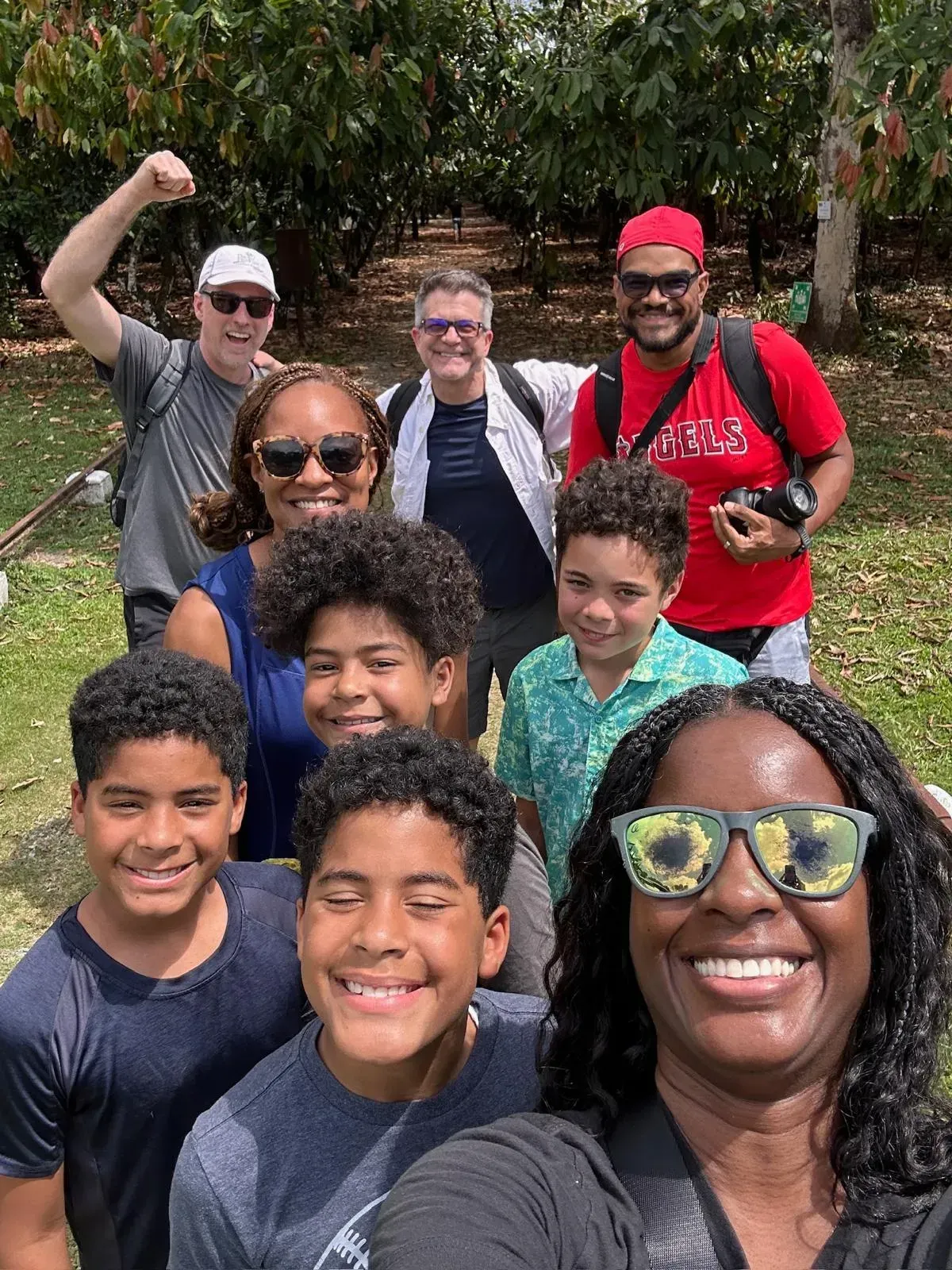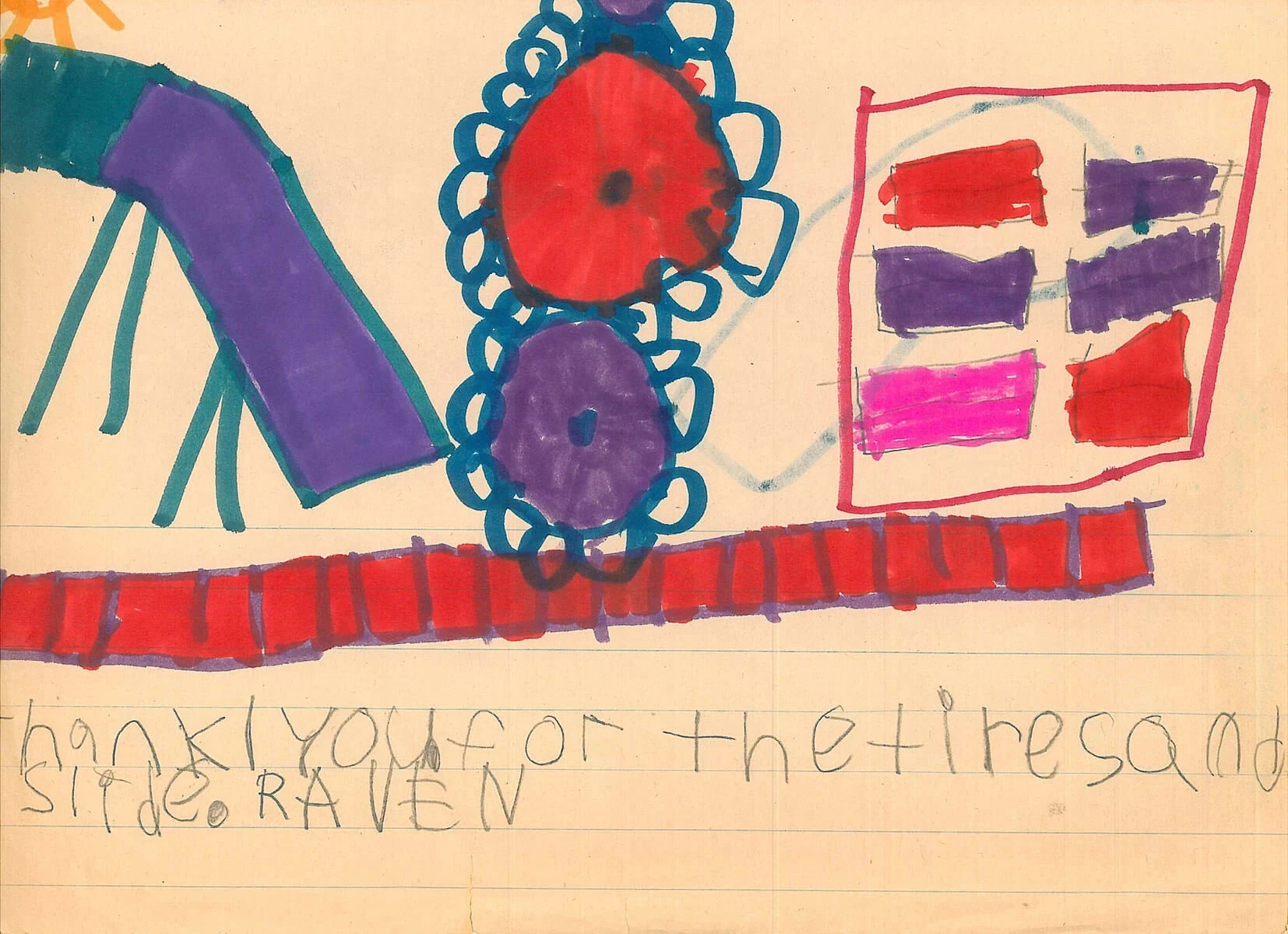By now, we are aware of the theory that nature can shift our patterns of thinking and lead to an increase in our overall well being. This theory is a pillar of the Montana Roots Gap Program and a big reason why VISIONS wanted to create an opportunity for high school and college students to connect with the great outdoors this fall. As we find comfort in nature’s grandeur and place greater priority on getting outside, we also have to be aware of the hazards of wilderness travel.
In the remote backcountry, we can limit dangers, but we cannot avoid risk. Access to a medical facility is difficult, if not sometimes impossible, the weather can be challenging, and equipment is limited. And while cellular or satellite phones may offer a blanket of security, certain medical scenarios often require you to act quickly and make life-altering decisions.
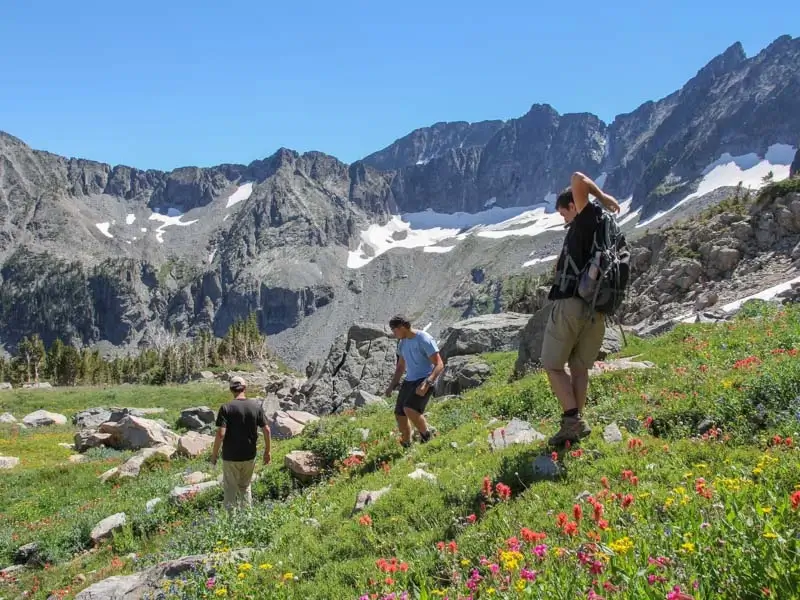

Having the aptitude to succeed and travel confidently in the wilderness requires a solid set of skills and tools, like certification in Wilderness First Responder.
The Wilderness First Responder (also known as WFR) is a medical certification for both outdoor enthusiasts and professionals. A WFR is the standard minimum for outdoor leaders like guides, search and rescue professionals and educators. It is also an extremely beneficial certification for anyone who spends time in the backcountry, and for anyone interested in learning more about risk management while recreating in the outdoors. Little to no medial experience is required.
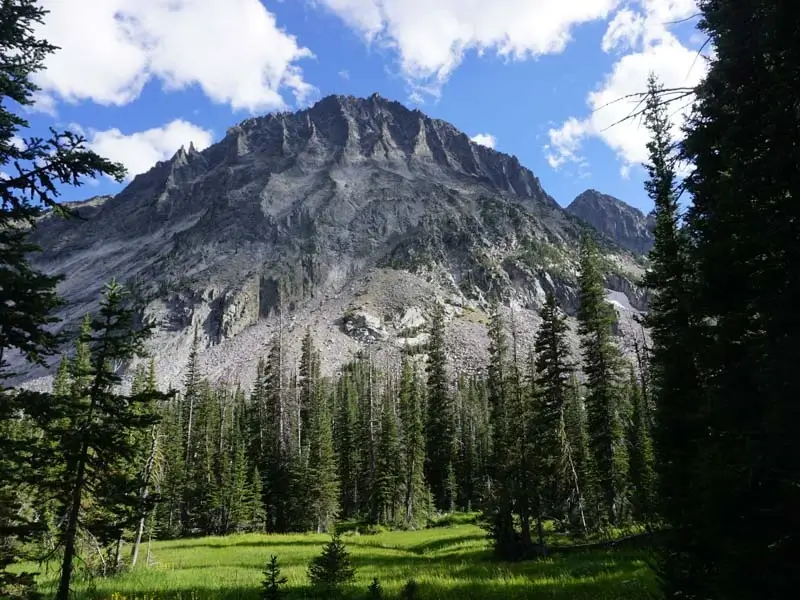

What exactly does a Wilderness First Responder course cover?
A WFR certification is a 10-day course with over 72 hours of challenging hand-on scenarios and classroom learning, with a 2-year certification duration. Students cover topics such as:
- Patient assessment systems
- Injury and Illness Prevention
- Risk Management
- Vital Signs
- Anaphylaxis, allergies, and airway management
- Heat-and cold-related injuries
- Water and altitude problems
- Spinal and traumatic brain injuries
- Wounds and soft tissue injuries
- Trauma and shock
- Burns and blister
- Animal attacks
- Toxins
- Splinting and litter construction
- Dislocations
- Evacuations
- CPR
- And so much more
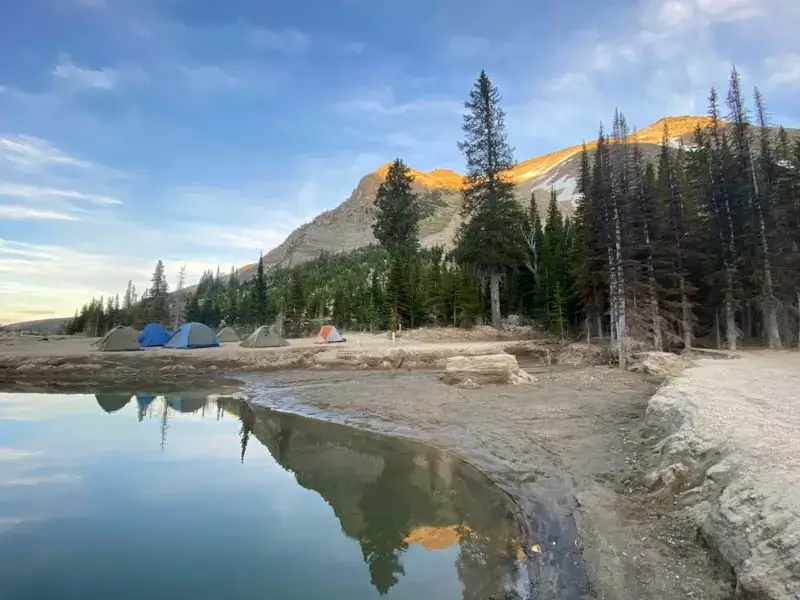

VISIONS is partnering with Aerie Backcountry Medicine, a nationally recognized organization that provides wilderness and rural medical training to students around the world. The WFR course is taught by Aerie instructors with many years of outdoor leadership experience, and who are active in the medical and rescue fields.
Instructors teach not only standard medical protocols but also explore the thought processes that are distinct to caring for patients in challenging outdoor environments. Students will have an opportunity to practice quick decision making and creative thinking; improving skills in a variety of realistic and challenging simulated medical emergencies that could occur in the backcountry.


By the end of the WFR course, students will also be able to successfully identify and evaluate potential hazards in the wilderness. They will have the competencies to be an important member of a backcountry team; able to take initiative, communicate effectively, and valuably contribute in a time of emergency.
A WFR certification is a credential that most employers in the outdoor and travel industry require, and is also beneficial certification for anyone that wants to pursue medical training. It’s also a certification for anyone that wants to mindfully spend time in the outdoors. Moreover, the WFR course teaches students how to make intelligent, reasonable risks and decisions, habits to apply for the rest of their lives- both in and out of the wilderness.



